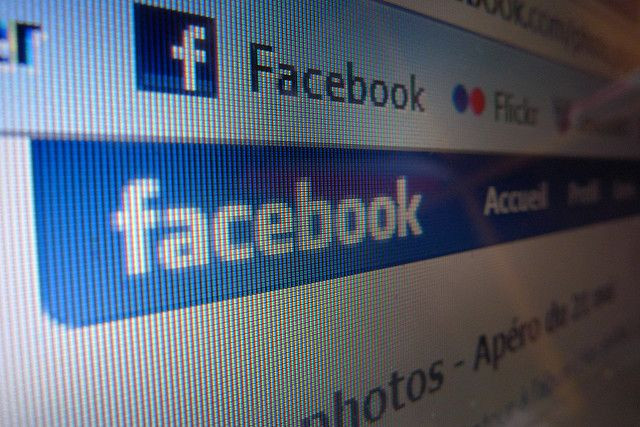More Friends in Facebook Linked to Brain Size

People who had greater number of friends in the Facebook social media platform, also had bigger regions in some parts of their brain, according to a new study, a finding that may shed new light into the impact of Internet on people's brains.
The brain regions noted are implicated in social perception – such as processing basic social signals including gaze and body movements. They are also linked to associative memory linked with the encoding and retrieval of face – name pairs, according to a study published in the journal Proceedings of the Royal Society B: Biological Sciences.
"Online social networks are massively influential, yet we understand very little about the impact they have on our brains,” said Professor Geraint Rees of University College London, according to UCL News. “This has led to a lot of unsupported speculation the Internet is somehow bad for us.”
Researchers also found that the number of friends in Facebook was significantly correlated with the number of more intimate friends in real life.
However, scientists participating in the study said they couldn't determine if the link between brain structure and social network participation arose over time, or whether individuals with a specific brain structure are predisposed to acquire more friends than others.
"If you got yourself 100 new Facebook friends today then your brain would not be bigger tomorrow," Heidi Johansen-Berg, a neuroscientist at the University of Oxford, told Reuters. "The study cannot tell us whether using the Internet is good or bad for our brains."
Grey matter volume linked to quantitative measure of participation in social networks. Source: Proceedings of the Royal Society B.
The study was conducted with 165 college students whose brains were scanned to measure volume of grey matter, the brain tissue that gathers and processes sensory information.
Participants who had more friends in Facebook had larger amount of grey matter in the right superior temporal sulcus, left middle temporal gyrus and entorhinal cortex. Such regions have been previously implicated in social perception and associative memory, respectively.
Also, more grey matter density in the amygdala (associated with processing memory and emotional responses) was correlated both with the number of Facebook and real world friends.
Published by Medicaldaily.com



























